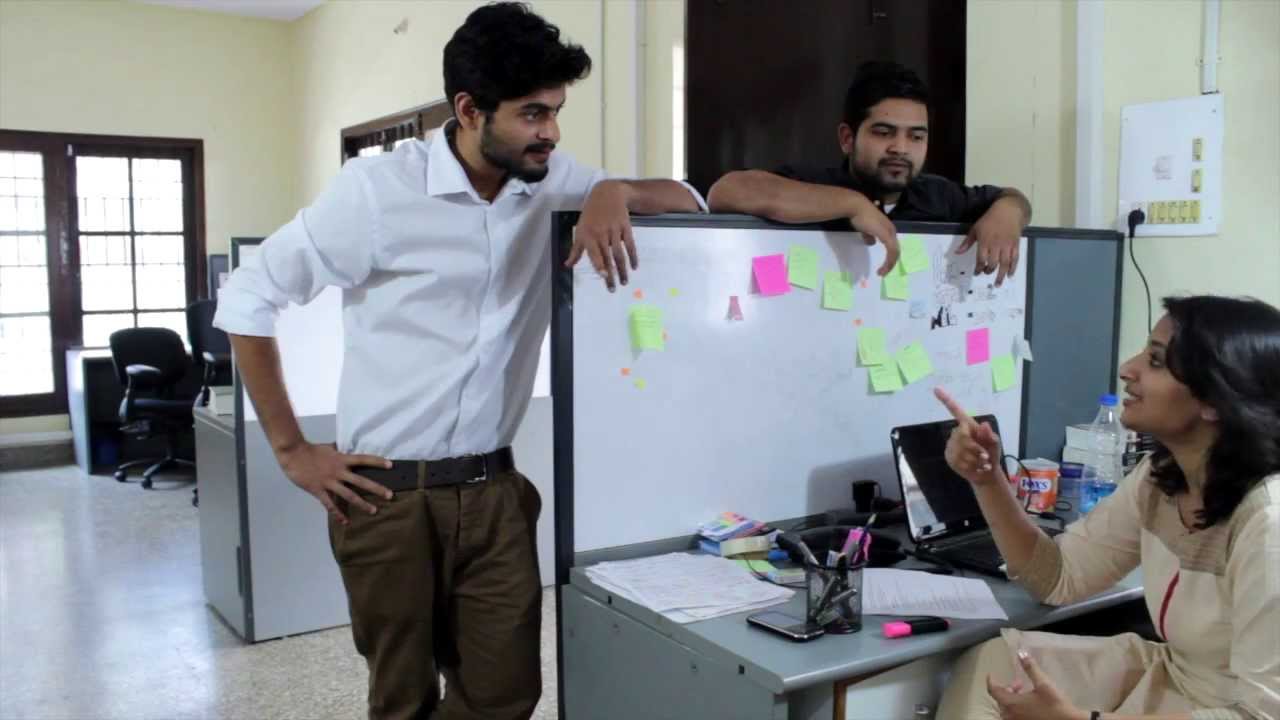Feature
Govt launches ”SHe-box’ portal for sexual harassment at workplace

New Delhi: The Women and Child Development ministry today launched an online platform to enable women employees of the central government to file complaints related to sexual harassment at the workplace.
Union minister Maneka Gandhi said the platform will cater to central government employees in the beginning and thereafter, its ambit will be widened to include the private sector as well.
“We are also going to soon conduct a national survey to assess the nature and magnitude of sexual harassment at the workplace,” the minister of woman and child development said after launching the portal at her office here.
The online complaint management system — ‘SHe-box’ (sexual harassment electronic box) — hosted on the website of the Women and Child Development Ministry, also seeks to ensure “effective implementation” of the Sexual Harassment of Women at Workplace (Prevention, Prohibition and Redressal) Act, 2013.
Once a complaint is submitted to the ‘SHe-Box’, it will be directly sent to the internal complaints committee (ICC) of the ministry/department/PSU/autonomous body etc concerned, having jurisdiction to inquire into the matter.
The ICC will take action as prescribed under the Act and update the status of the complaint.
The portal is also an effort to provide “speedier remedy” to women facing sexual harassment at the workplace, as envisaged under the sexual harassment Act, a senior official of the ministry said.
The WCD minister also instructed officials to make the portal as “interactive” as possible.
The portal should offer a list of follow-up details so that the employee gets to know the exact status of the complaint, she told officials.
The Union government has 30.87 lakh employees. According to the Census of Central Government Employees 2011, women constitute 10.93 per cent of the total force.
“To begin with, central government women employees can file complaints, but we are going to widen the ambit to include the private sector as well,” she said.
“We just need to make a few changes in our online interface. Once it is done, employees from private companies would also be able to lodge complaints,” Gandhi added.
The decision to host an online platform for sexual harassment cases was taken by the WCD Ministry in October last year after the minister received complaints from women employees in various ministries.
Interacting with reporters later, Gandhi said, “If the internal complaints committees (on sexual harassment) is working, then we are out of the picture totally.”
“But people, who will come to us, are those women employees who work where there are no committees or there’s one for the sake of it or composed of people who are outrightly negative,” she said.
The sexual harassment Act mandates that all workplaces with more than 10 workers constitute an internal complaints committee for receiving complaints of sexual harassment.
“We are not treading on anybody’s toes. The idea of this portal is to remedy the cases before they reach the level where legal action may be warranted,” the minister told reporters.
Gandhi also asked officials to include a section in the portal where complainants can “vent” their grievances.
On the proposed pan-India survey, she said the idea was initiated after an NGO came up with a small-scale study on women-related matters.
“We will put up the survey on out portal as well as our Facebook page and Twitter handle to reach out to as many people as possible,” Gandhi said.
The minister also said the definition of what constitutes a case of sexual harassment must be made available on the portal.
“Some people say installation of CCTV cameras is a harassment. So, we need to to define it so that there are no frivolous cases,” she added.
The senior official said, “The survey would be conducted both online and offline and the ministry will collaborate with organisations which have worked on this subject.
Entertainment
Meghalaya Reserves Legalized Gambling and Sports Betting for Tourists

The State Scores Extra High on Gaming-Friendly Industry Index
Meghalaya scored 92.85 out of 100 possible points in a Gaming Industry Index and proved to be India’s most gaming-friendly state following its recent profound legislation changes over the field allowing land-based and online gaming, including games of chance, under a licensing regime.
The index by the UK India Business Council (UKIBC) uses a scale of 0 to 100 to measure the level of legalisation on gambling and betting achieved by a state based on the scores over a set of seven different games – lottery, horse racing, betting on sports, poker, rummy, casino and fantasy sports
Starting from February last year, Meghalaya became the third state in India’s northeast to legalise gambling and betting after Sikkim and Nagaland. After consultations with the UKIBC, the state proceeded with the adoption of the Meghalaya Regulation of Gaming Act, 2021 and the nullification of the Meghalaya Prevention of Gambling Act, 1970. Subsequently in December, the Meghalaya Regulation of Gaming Rules, 2021 were notified and came into force.
All for the Tourists
The move to legalise and license various forms of offline and online betting and gambling in Meghalaya is aimed at boosting tourism and creating jobs, and altogether raising taxation revenues for the northeastern state. At the same time, the opportunities to bet and gamble legally will be reserved only for tourists and visitors.
“We came out with a Gaming Act and subsequently framed the Regulation of Gaming Rules, 2021. The government will accordingly issue licenses to operate games of skill and chance, both online and offline,” said James P. K. Sangma, Meghalaya State Law and Taxation Minister speaking in the capital city of Shillong. “But the legalized gambling and gaming will only be for tourists and not residents of Meghalaya,” he continued.
To be allowed to play, tourists and people visiting the state for work or business purposes will have to prove their non-resident status by presenting appropriate documents, in a process similar to a bank KYC (Know Your Customer) procedure.
Meghalaya Reaches Out to a Vast Market
With 140 millions of people in India estimated to bet regularly on sports, and a total of 370 million desi bettors around prominent sporting events, as per data from one of the latest reports by Esse N Videri, Meghalaya is set to reach out and take a piece of a vast market.
Estimates on the financial value of India’s sports betting market, combined across all types of offline channels and online sports and cricket predictions and betting platforms, speak about amounts between $130 and $150 billion (roughly between ₹9.7 and ₹11.5 lakh crore).
Andhra Pradesh, Telangana and Delhi are shown to deliver the highest number of bettors and Meghalaya can count on substantial tourists flow from their betting circles. The sports betting communities of Karnataka, Maharashtra, Uttar Pradesh and Haryana are also not to be underestimated.
Among the sports, cricket is most popular, registering 68 percent of the total bet count analyzed by Esse N Videri. Football takes second position with 11 percent of the bets, followed by betting on FIFA at 7 percent and on eCricket at 5 percent. The last position in the Top 5 of popular sports for betting in India is taken by tennis with 3 percent of the bet count.
Local Citizens will Still have Their Teer Betting
Meghalaya residents will still be permitted to participate in teer betting over arrow-shooting results. Teer is a traditional method of gambling, somewhat similar to a lottery draw, and held under the rules of the Meghalaya Regulation of the Game of Arrow Shooting and the Sale of Teer Tickets Act, 2018.
Teer includes bettors wagering on the number of arrows that reach the target which is placed about 50 meters away from a team of 20 archers positioned in a semicircle.
The archers shoot volleys of arrows at the target for ten minutes, and players place their bets choosing a number between 0 and 99 trying to guess the last two digits of the number of arrows that successfully pierce the target.
If, for example, the number of hits is 256, anyone who has bet on 56 wins an amount eight times bigger than their wager.





























